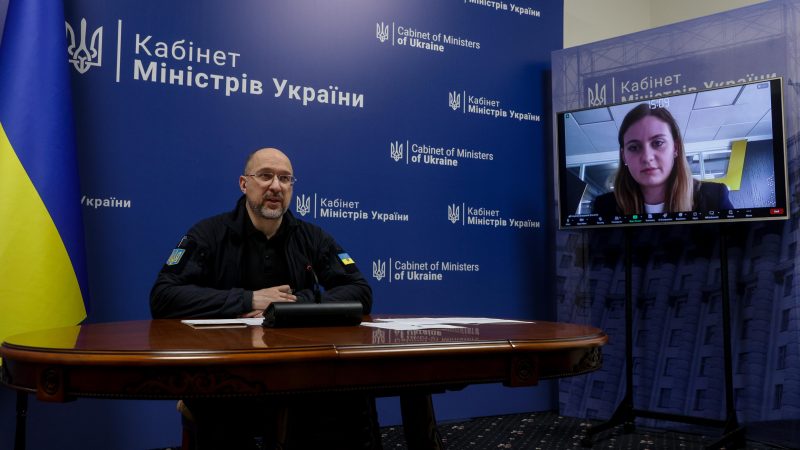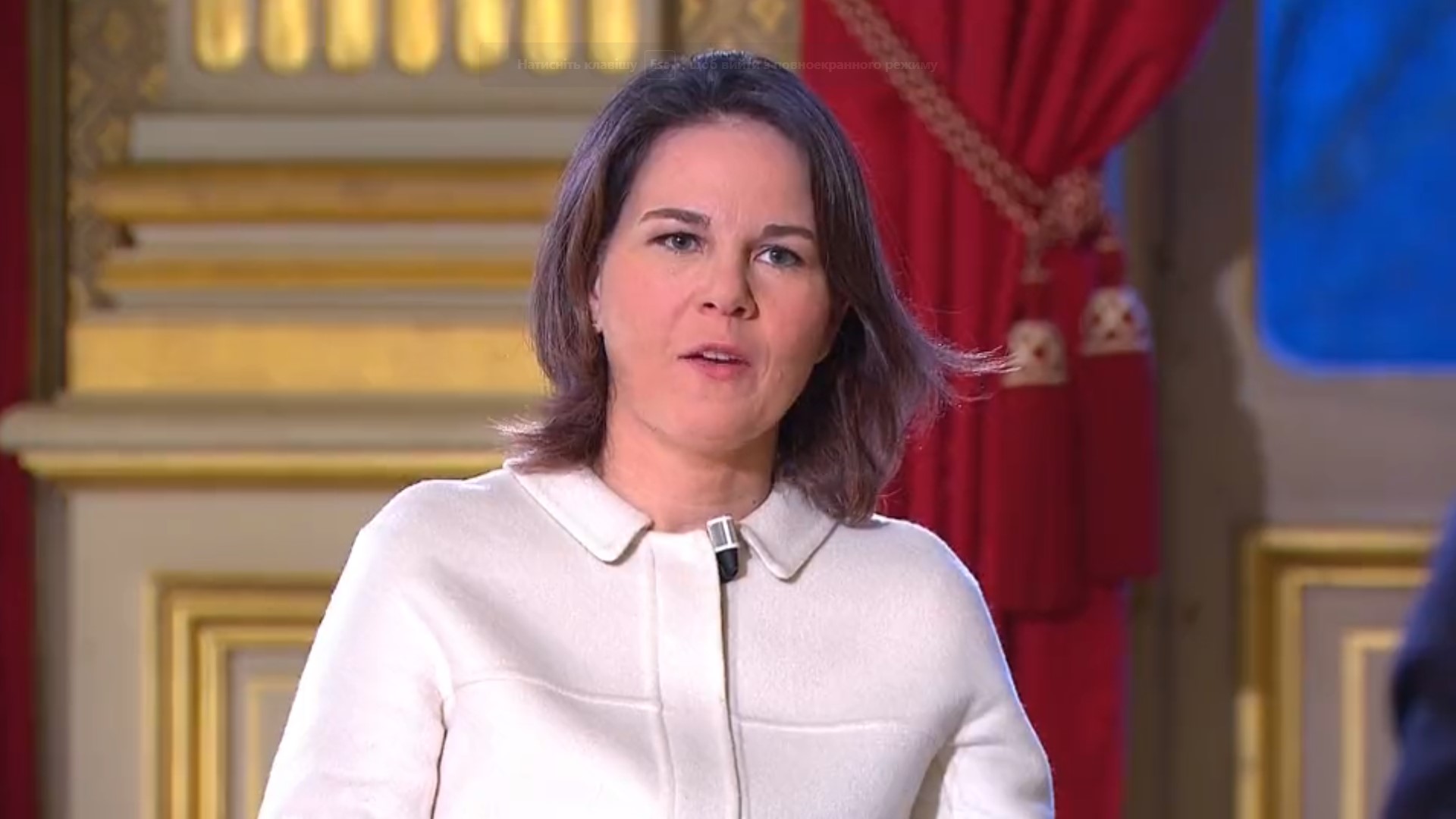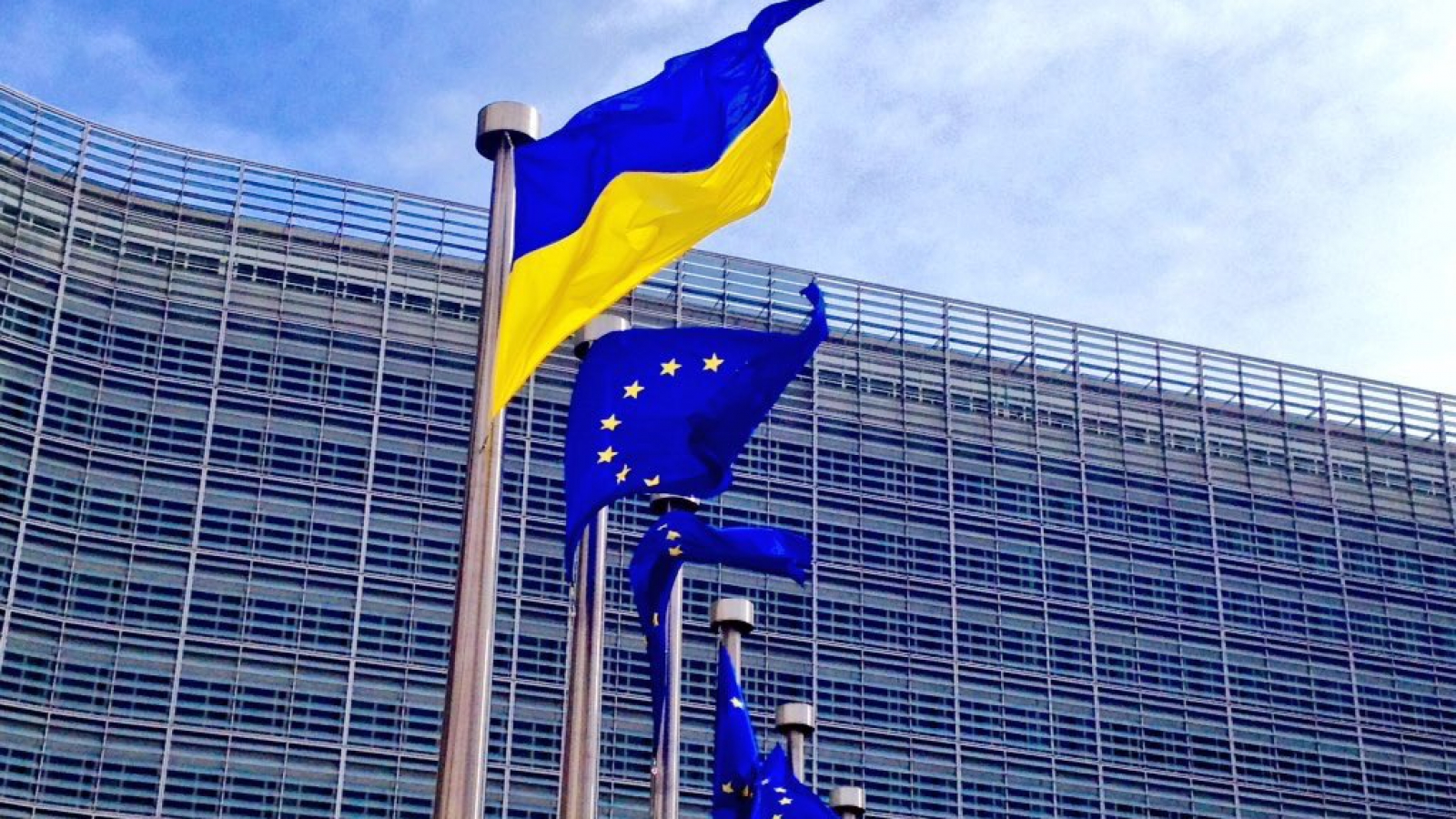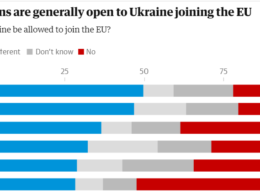Ukraine’s Prime Minister Denys Shmyhal told Euractiv that the country’s future accession to the EU will bring more benefits than costs and expressed hope for approval by the European Council at their upcoming meeting this week, aiming to begin accession negotiations in the first half of this year.
Four days after its invasion by Russia on 28 February 2022, Ukraine applied for EU membership, with President Zelenskyy seeking immediate admission. The EU Commission supported the bid, with candidate status recommended on 17 June 2022 and granted by the European Council on 23 June. Accession negotiations were decided to open by the European Council on 14 December 2023.
“We are waiting and wishing to have approval by the European Council at their closest meeting [this week], and believe we can begin accession negotiations in the first half of this year,” Shmyhal said.
His remarks followed the European Commission’s submission of its draft negotiating framework for Ukraine’s and Moldova’s accession talks to member states last week, following an EU leaders’ decision in December.
Ukraine’s PM expressed hope that European partners will approve the accession framework without amendments, as proposed by the European Commission. He mentioned that while European Council President Charles Michel suggested 2030 as a target year for EU enlargement, Ukraine aims to achieve it sooner, immediately following its victory. Shmyhal also stated that Ukraine intends to complete its preparatory tasks quickly, within no more than two years.
Prime Minister Shmyhal believes Ukraine’s EU accession will bring more benefits than costs, emphasizing the country’s strengths in five key sectors: defense, energy, agriculture, raw materials, and digital technology. He highlighted Ukraine’s potential as a defense hub with a strong military force and a developing drone industry.
Shmyhal also noted Ukraine’s capacity to be an energy hub for Europe, with surplus energy and large underground gas storage facilities. He stressed Ukraine’s role in stabilizing the global food market and dismissed concerns over unfair competition in agriculture.
Shmyhal proposed opening joint customs with neighboring countries for more transparent trade and emphasized Ukraine’s rich raw materials and advanced cyber protection technologies. He also mentioned plans to expand infrastructure and participate in the Rail Baltica project, arguing that European integration has already occurred with Ukrainians living and working in the EU, and called for formalizing this integration by starting the accession process.
On 21-22 March, an EU summit in Brussels will review a draft negotiation framework for Ukraine’s accession and evaluate Kyiv’s progress on required reforms.
Read also:








